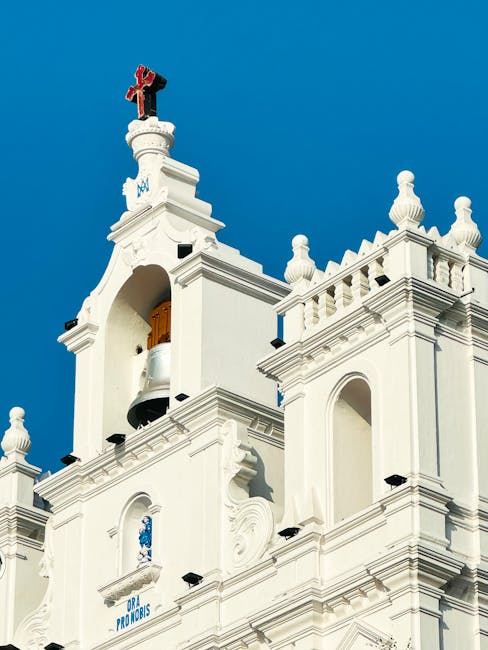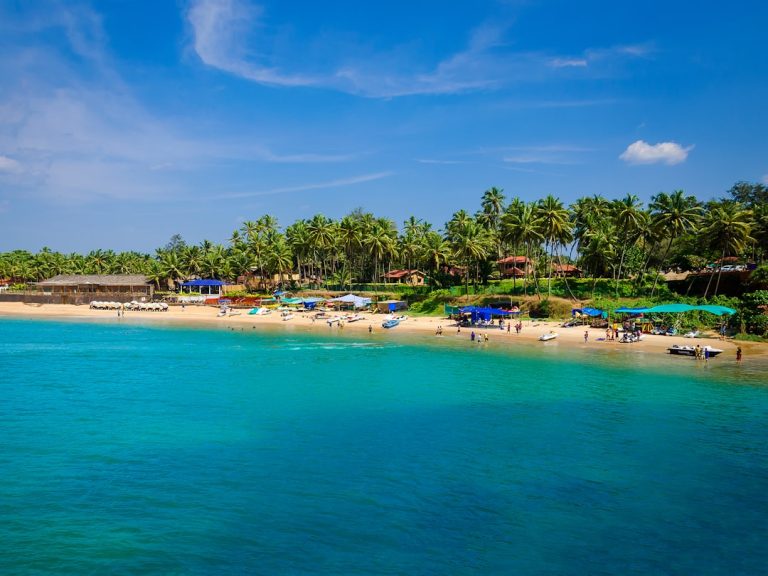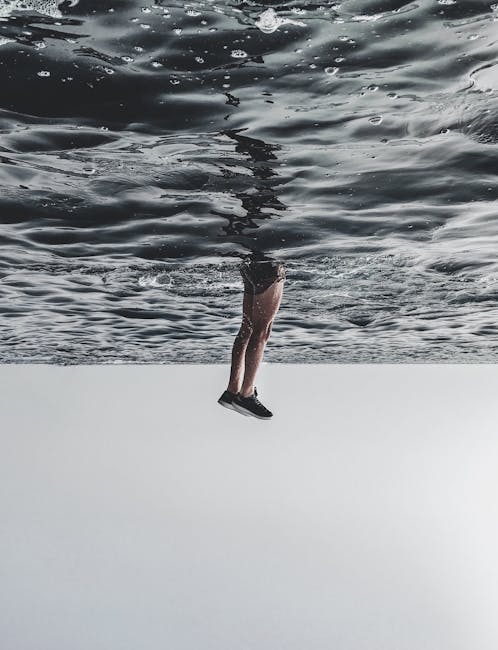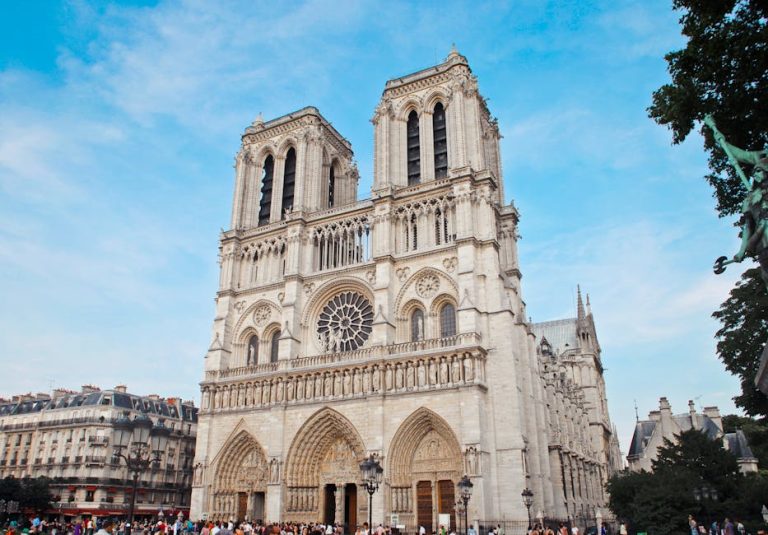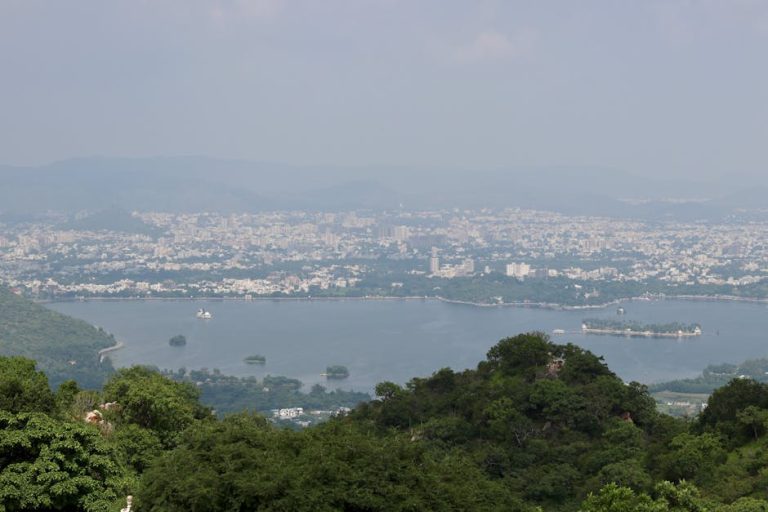Have you ever heard of a place where ancient traditions come alive, where skills passed down through generations are not just remembered, but actively taught and celebrated? That’s exactly what you’ll find at the Lake Sebu School of Living Traditions in South Cotabato, Philippines! It’s more than just a school; it’s a cultural haven dedicated to preserving the rich heritage of the T’boli people.
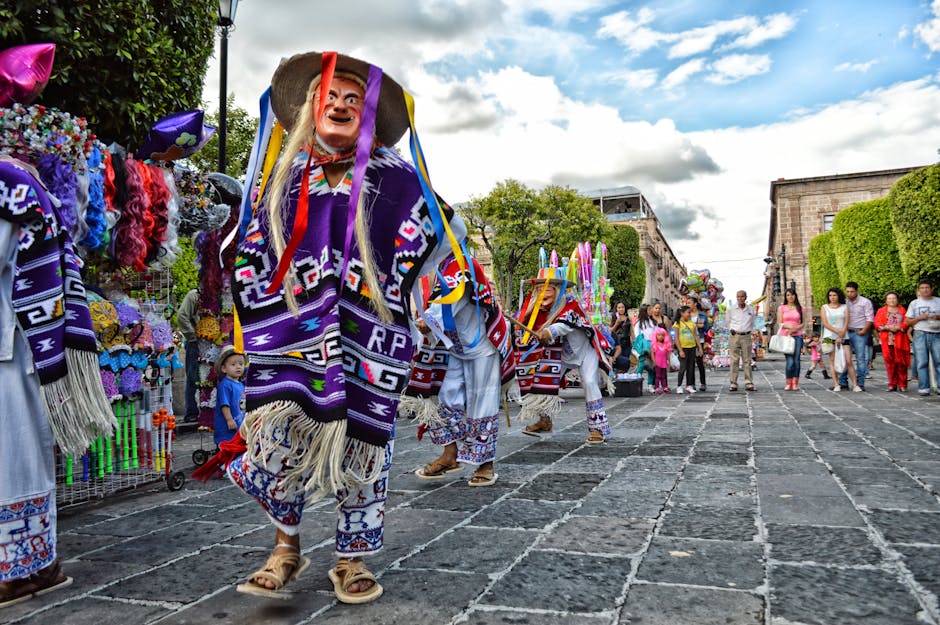
What is the Lake Sebu School of Living Traditions?
Imagine a place nestled near the serene Lake Sebu, where the air is filled with the rhythmic sounds of traditional music and the vibrant colors of handwoven textiles. The Lake Sebu School of Living Traditions is a community-based learning center where master artisans, known as “culture bearers,” share their knowledge and skills with younger generations. Think of it as a special school where the curriculum is all about T’boli culture!
The school isn’t a formal institution with classrooms and textbooks. Instead, it’s a dynamic space where learning happens through hands-on experience and direct interaction with the masters. This ensures that the unique cultural practices of the T’boli, including their music, dance, weaving, beadwork, and storytelling, continue to thrive.
Why is it Important?
In today’s fast-paced world, many indigenous cultures face the risk of losing their traditions. Young people might be drawn to modern ways of life, and traditional skills could slowly disappear. The Lake Sebu School of Living Traditions plays a vital role in combating this cultural erosion. By providing a platform for cultural transmission, the school helps to:
- Preserve the T’boli language, arts, and customs.
- Empower the T’boli community by providing opportunities for sustainable livelihoods through traditional crafts.
- Promote cultural understanding and appreciation among visitors and other communities.
- Instill a sense of pride and identity in T’boli youth.
It’s like a time capsule, but instead of just storing the past, it actively keeps it alive and relevant for the future!
What Can You Experience at the School?
A visit to the Lake Sebu School of Living Traditions is an immersive cultural experience. You can witness master artisans at work, creating intricate beadwork, weaving vibrant textiles like the T’nalak (a sacred cloth made from abaca fibers), and crafting traditional musical instruments. You might even have the opportunity to try your hand at some of these crafts yourself!
You can also learn about the significance of T’boli dances, songs, and stories, which often tell tales of their ancestors, their relationship with nature, and their spiritual beliefs. These aren’t just performances; they’re living expressions of their culture.
While the school might not have fixed schedules for performances or workshops, it’s always best to coordinate your visit in advance. This will allow the community to prepare and ensure that you have a meaningful and respectful experience. Connecting with local tourism guides or cultural organizations can help you plan your visit effectively.
The T’nalak Weaving Tradition
One of the most iconic aspects of T’boli culture is the T’nalak weaving tradition. This intricate process involves using abaca fibers to create a cloth that is rich in symbolism and meaning. The designs are not simply patterns; they are often inspired by dreams and visions, passed down through generations.
The weavers, known as “dream weavers,” undergo a rigorous process of preparation and prayer before starting their work. The T’nalak is considered sacred and is often used in ceremonies, rituals, and as a symbol of status. Learning about the T’nalak and the process of creating it is a truly fascinating experience, and you can witness this firsthand at the School of Living Traditions.
Supporting the School of Living Traditions
There are several ways to support the Lake Sebu School of Living Traditions and the T’boli community. One of the most direct ways is to purchase their handcrafted products. By buying directly from the artisans, you are providing them with a sustainable source of income and helping to keep their traditions alive. Remember to always be respectful and bargain fairly, recognizing the value of their skills and artistry.
You can also support the school by donating to organizations that work to preserve indigenous cultures or by volunteering your time and skills. Spreading awareness about the School of Living Traditions and the importance of cultural preservation is another way to make a difference. Share your experiences, photos, and stories with others to inspire them to learn more and support these valuable initiatives.
A Responsible Traveler’s Guide
When visiting the Lake Sebu School of Living Traditions, it’s important to be a responsible and respectful traveler. Here are a few tips to keep in mind:
- Dress modestly and respectfully.
- Ask for permission before taking photos or videos of people.
- Be mindful of local customs and traditions.
- Purchase handcrafted products directly from the artisans whenever possible.
- Learn a few basic phrases in the T’boli language.
- Be open to learning and experiencing new things.
Remember, you are a guest in their community, and your actions can have a significant impact. By being respectful and mindful, you can help to ensure that your visit is a positive and enriching experience for both you and the T’boli people.
How to Get There
Reaching Lake Sebu requires a bit of travel, but it’s well worth the effort. The most common route is to fly into General Santos City (also known as Gensan), which has a major airport. From Gensan, you can take a bus or van to Lake Sebu. The journey takes approximately 2-3 hours, depending on traffic and road conditions. Once you arrive in Lake Sebu, you can easily find transportation to the School of Living Traditions. It’s often best to arrange transportation with your accommodation or a local tour guide.
Frequently Asked Questions
What is the best time to visit Lake Sebu?
The dry season, which typically runs from November to May, is generally considered the best time to visit Lake Sebu. During this time, the weather is more predictable, and you can enjoy the outdoor activities and cultural experiences without worrying about heavy rain.
Are there accommodations near the School of Living Traditions?
Yes, there are several resorts and guesthouses in Lake Sebu that offer comfortable accommodations. Many of these accommodations are located near the lake and offer stunning views of the surrounding landscape. It’s always a good idea to book your accommodations in advance, especially during peak season.
Is it safe to visit Lake Sebu?
Lake Sebu is generally considered a safe destination for tourists. However, it’s always wise to take precautions and be aware of your surroundings. Avoid traveling alone at night, and keep your valuables secure. It’s also a good idea to check with local authorities or tourism offices for any travel advisories or safety updates.
Can I learn the T’boli language at the school?
While the School of Living Traditions may not offer formal language classes, you can certainly learn a few basic phrases by interacting with the culture bearers and community members. They are usually happy to share their language and culture with visitors who show genuine interest.
The Lake Sebu School of Living Traditions is a testament to the resilience and beauty of indigenous cultures. It’s a place where the past is not just remembered, but actively lived and shared. By visiting and supporting this cultural haven, you’re not only enriching your own understanding of the world, but also helping to ensure that the traditions of the T’boli people continue to thrive for generations to come. So, plan your trip, immerse yourself in the culture, and be prepared to be inspired by the beauty and artistry of the Lake Sebu School of Living Traditions!


